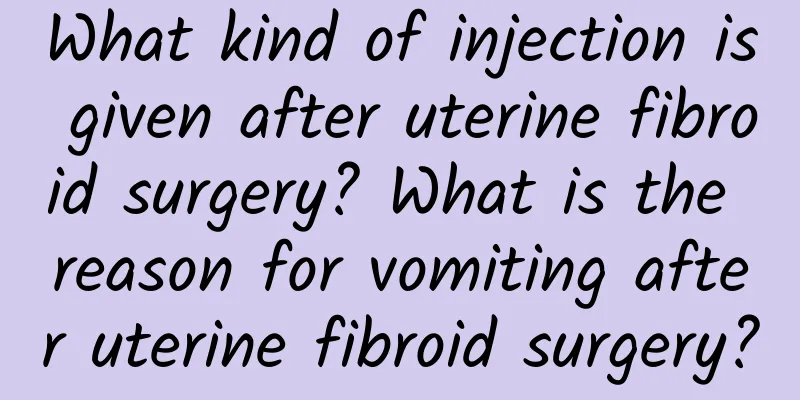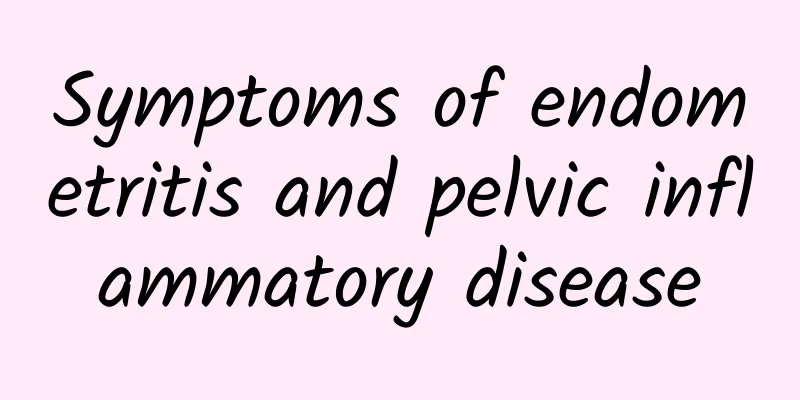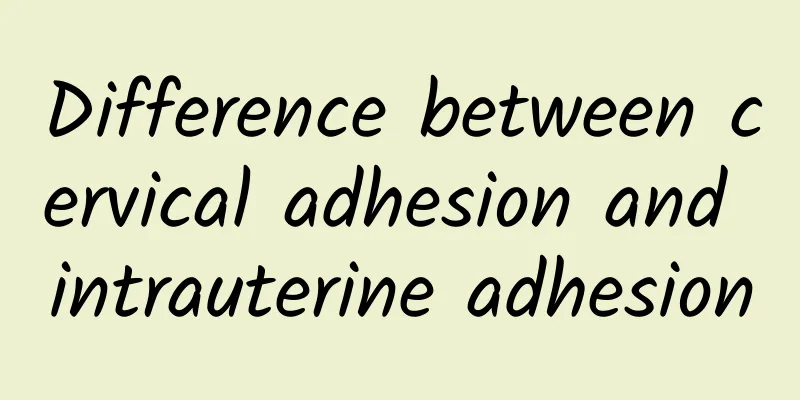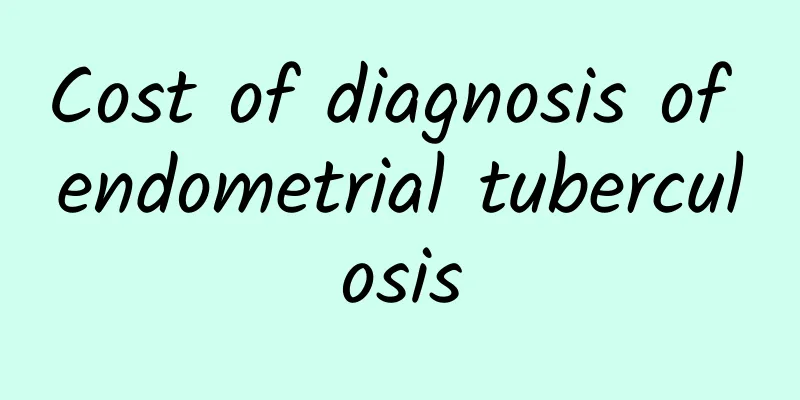What kind of injection is given after uterine fibroid surgery? What is the reason for vomiting after uterine fibroid surgery?

|
What kind of injection is given after uterine fibroid surgery? What is the reason for vomiting after uterine fibroid surgery? Uterine fibroids are a common female reproductive system disease that affects the quality of life of many women. For women with uterine fibroids, surgery is one of the common treatments. The postoperative recovery phase is one of the issues that patients are most concerned about. Many patients and their families will have similar questions: what injections should be given after surgery? What is the cause of vomiting after surgery? 1. What kind of injection is given after the operation? After uterine fibroid surgery, doctors usually prescribe medications to control symptoms and promote recovery. During the recovery period after surgery, doctors may recommend that patients continue to use some drug injections to help patients recover faster. Common injections include antibiotics, painkillers, and drugs that promote wound healing. These drugs can reduce postoperative discomfort, prevent infection, and speed up the wound healing process. 2. What is the cause of postoperative vomiting? Postoperative vomiting is a common side effect that can be caused by a variety of factors. After uterine fibroid surgery, the body undergoes a certain amount of trauma, and you may experience some uncomfortable symptoms during the recovery period, such as nausea and vomiting. Here are some of the possible causes of vomiting: 2.1 Effects of anesthetics During surgery, patients are given anesthesia to ensure safe operation. However, anesthesia may irritate the gastrointestinal tract, causing nausea and vomiting. 2.2 Surgical stimulation Uterine fibroid surgery itself may cause some irritation to the abdominal organs, which can lead to nausea and vomiting. The irritation may come from the manipulation of the abdominal cavity during surgery and from physical activity during recovery. 2.3 Prolonged fasting The procedure requires a period of fasting before surgery, which may cause acid to build up in the stomach, causing nausea and vomiting. 2.4 Medication used after surgery After uterine fibroid surgery, doctors usually prescribe medications to control symptoms and promote recovery. Certain medications may cause gastrointestinal side effects, such as nausea and vomiting. During the postoperative recovery period, patients should try to avoid eating too much greasy food and control the amount and frequency of food intake to reduce the burden on the gastrointestinal tract. At the same time, patients should also use medications correctly according to the doctor's instructions. In summary, the injections given after uterine fibroid surgery may be antibiotics, painkillers, and drugs that promote wound healing. Postoperative vomiting may be caused by the effects of anesthetics, surgical stimulation, long-term fasting, and postoperative drugs. Patients should actively cooperate with the doctor's treatment and guidance, eat a reasonable diet, and exercise appropriately to speed up the recovery process. |
>>: What are the causes of uterine wall fibroids? Symptoms of uterine wall fibroids
Recommend
Causes and classification of pelvic effusion
Pelvic effusion is mainly manifested as pain or p...
How to take good care of congenital absence of vagina in life
I believe everyone knows that there are many symp...
What are the symptoms of cervical erosion? 4 common symptoms of cervical erosion
The main symptoms and phenomena of cervical erosi...
The most important daily care measures for ectopic pregnancy
One of the most common diseases that pregnant wom...
What causes candidal vaginitis?
Vaginitis is the most troublesome disease for wom...
"Pomelo" arrives at Mid-Autumn Festival! Don't touch grapefruit when taking these medicines!
Time flies, and the Mid-Autumn Festival is here a...
The old man’s waistline is off the charts! Drinking the flavored Si Shen soup to replenish Qi
As they age, their physical strength and muscles ...
Will cervical precancerous lesions recur after surgery?
There are many causes of precancerous lesions, wh...
Details of preventing cervical hypertrophy in daily life
What are the preventive measures for cervical hyp...
9 benefits of sweet potatoes: weight loss, lowering blood pressure, and stabilizing blood sugar! 5 ways to eat sweet potatoes for weight loss and 3 taboos
Sweet potato is a starchy whole grain ingredient ...
Being thin is not necessarily beautiful! Sculpting the perfect buttocks, 2 key points to raise the buttocks position to make a big difference in visual effect
What is "Truth Butt"? The origin of the...
One rice dumpling contains over 600 calories! It takes 20 dragon boat trips to exhaust the
During the Dragon Boat Festival, everyone eats ri...
Can a mother with endometrial tuberculosis pass it on to her daughter?
Endometrial tuberculosis is an inflammation of th...
Health bonus! A comprehensive nutritional package for great moms
The most important holiday in May is Mother's...
What are the symptoms of multiple uterine fibroids? If these symptoms occur, timely treatment is required.
Uterine fibroids are a gynecological disease, whi...









